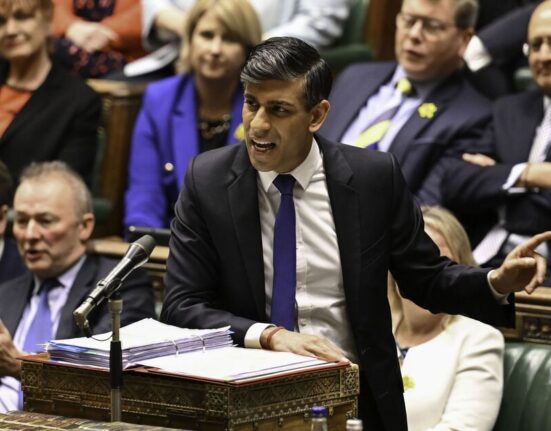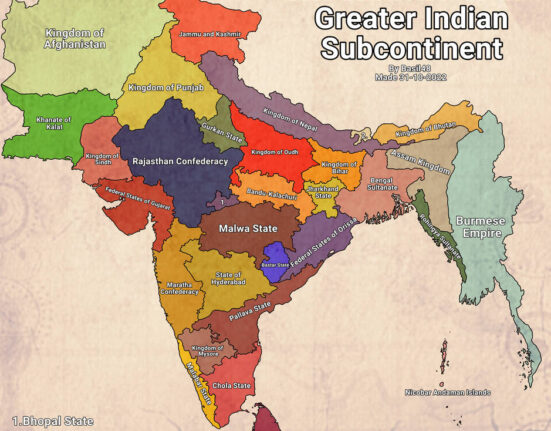In the political arena, loyalty and principles often clash, creating complex dynamics that leave both observers and insiders scratching their heads. A recent incident within the Republican party sheds light on this very dilemma.
### Reactions Brewing Within the Party
As President Trump’s flagship bill aimed at extending tax cuts while reducing social safety net programs loomed for a vote, tensions ran high among Republicans. The ultraconservative House Freedom Caucus emerged as a vocal critic of the proposed legislation. They lambasted it for deviating from their envisioned fiscal responsibility standards.
Representative Chip Roy of Texas, known for his staunch fiscal conservatism, took to various platforms to enumerate what he saw as fatal flaws in the bill. His sentiments were echoed by Representative Keith Self of Texas, who labeled the proposal as
“morally and fiscally bankrupt.”
### The Unexpected Turnaround
Despite the vehement opposition voiced by these lawmakers and their colleagues, a surprising twist unfolded during the voting session. Following an intense overnight standoff that disrupted normal proceedings in Congress, all dissenting voices seemed to have reached a sudden consensus – they voted in favor of the bill they had earlier condemned.
This abrupt shift left many bewildered about what transpired behind closed doors. Speculations arose regarding potential concessions or promises made to sway their votes. Representative Andy Harris of Maryland hinted at discussions with President Trump himself about possible executive actions that could alter how the law was enforced.
### Analyzing Political Maneuvering
Behind this apparent flip-flop lies a fascinating display of political maneuvering. Critics argue it showcases politicians prioritizing personal gains over unwavering principles. Supporters might view it as pragmatic compromise in pursuit of broader objectives.
The delicate dance between ideological steadfastness and practical decision-making underscores the complexities inherent in legislative processes. In a landscape where optics often clash with realities, such episodes offer valuable insights into how power dynamics shape policy outcomes.
### Lessons from Within
While outsiders may decry these seemingly contradictory actions within one party, seasoned analysts recognize them as part and parcel of intricate political negotiations. Understanding that politics is rarely black or white but rather defined by shades of gray helps contextualize such instances.
As citizens witness these events play out on the national stage, they are reminded that behind every vote cast lies a web of motivations and calculations unique to each lawmaker. Navigating this maze requires balancing personal convictions with strategic alliances – a tightrope walk familiar to those versed in Capitol Hill intricacies.
In conclusion, dissecting moments like these offers more than just headline fodder; they serve as mirrors reflecting back the intricate tapestry woven by those entrusted with shaping our nation’s laws.









Leave feedback about this